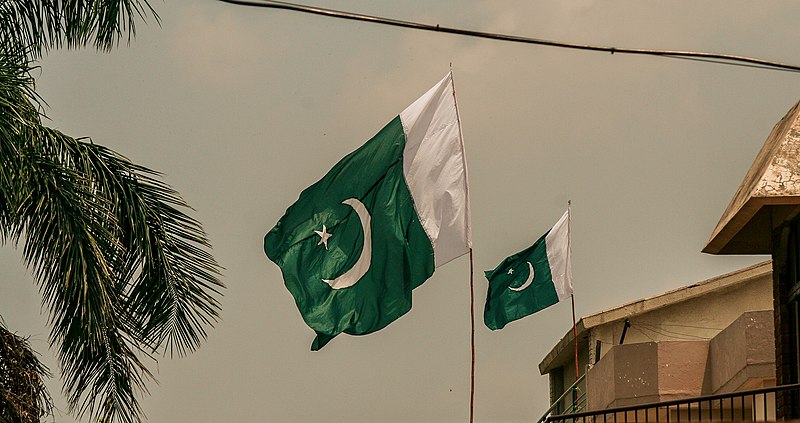
Pakistan has issued a directive requiring all unauthorized Afghan asylum seekers, an estimated 1.7 million individuals, to vacate the country by November. This move comes amid an escalation
of tensions and a surge in attacks along the Pakistan-Afghanistan border, with Islamabad attributing these attacks to operatives based in Afghanistan.
The announcement has also been met with disapproval from the Taliban government in Afghanistan, which termed Pakistan's decision "unacceptable" and denied harboring militants who target Pakistan.
Pakistan's Interior Minister Sarfraz Bugti announced the crackdown on "illegal" Afghan migrants but did not directly reference recent attacks, including one at a mosque in Mastung city that claimed the lives of at least 50 people. Pakistan has a history of hosting Afghan refugees, but Bugti claimed that 1.7 million people are in the country "illegally" as they have not obtained refugee status.
He announced that these individuals must leave the country by the end of the month, either voluntarily or through forced deportation, without providing specific details on the deportation process. Additionally, a taskforce has been established to identify and confiscate private businesses and assets belonging to "illegal" Afghans in Pakistan.
Afghanistan's Taliban administration responded by asserting that Afghan refugees are not involved in Pakistan's security issues and suggested that Pakistan should tolerate them as long as they depart voluntarily.
Local authorities have reportedly begun rounding up Afghans, both those with and without legal status, with over 1,000 Afghans detained in the past two weeks, according to Afghan officials in Pakistan.
Pakistan's Balochistan province, near the border, has frequently experienced attacks by militant groups like the Tehrik-e Taliban Pakistan and the Islamic State. Pakistan has attributed more than half of the 24 suicide bombings along its border since January to militants operating from Afghanistan.
In response to security concerns, Pakistan plans to impose tighter restrictions on Afghans entering the country from November 1, allowing only visitors with visas and passports to enter. Previously, Afghans crossing into Pakistan at land borders used their national identity cards as travel documents, resulting in a backlog of individuals seeking documents for entry into Pakistan. Obtaining visas and passports has become a protracted process, further complicating the situation for Afghan refugees and travelers. Photo by Amnagondal, Wikimedia commons.







































